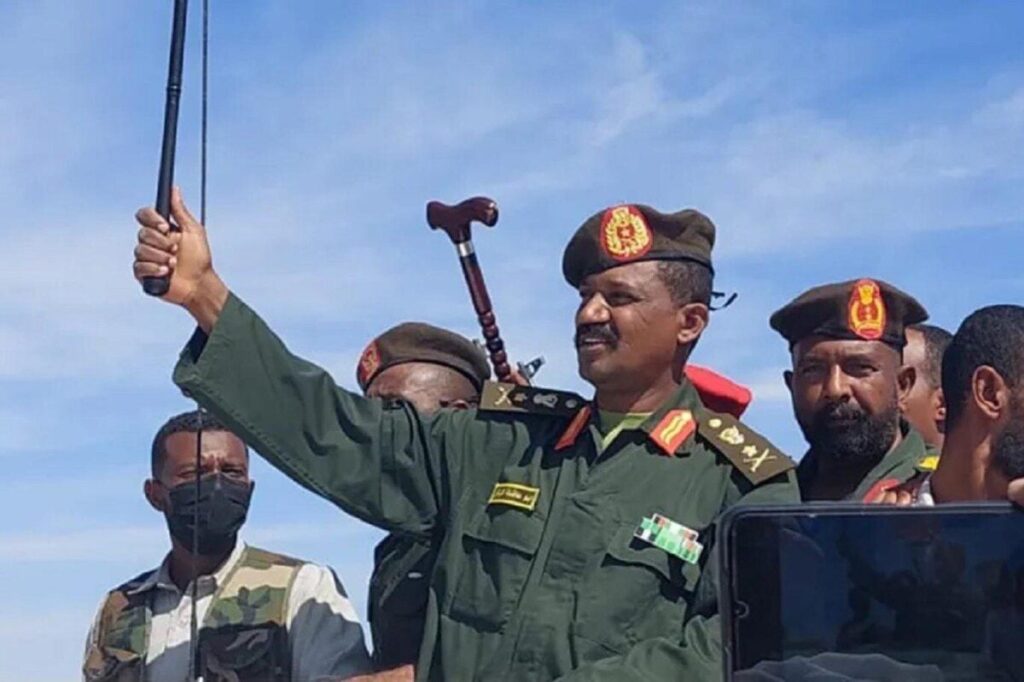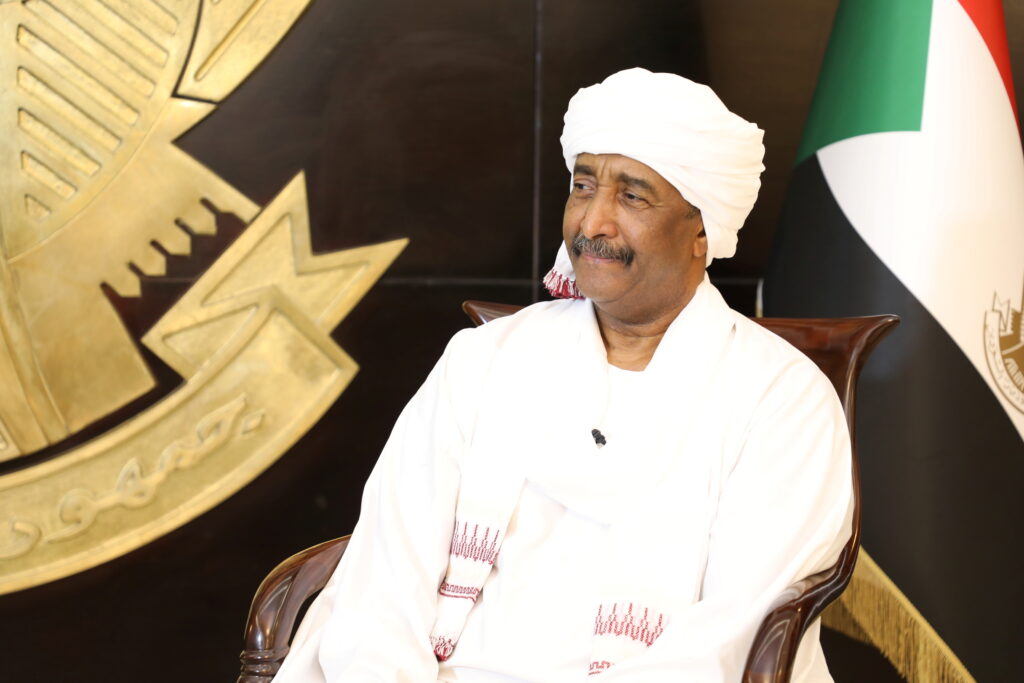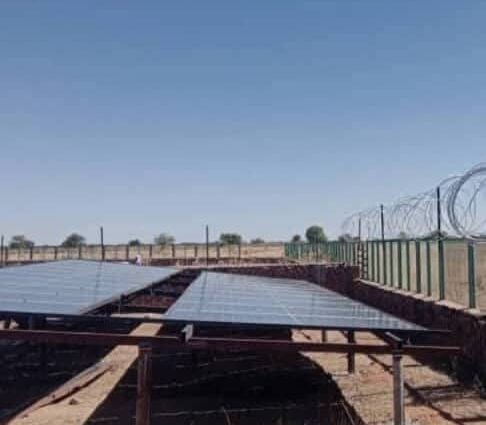
Professor Siddiq Tawer, a member of Sudan’s Sovereignty Council and a leader in the Arab Socialist Ba’ath Party, has warned of a catastrophic humanitarian crisis facing civilians trapped in Kadugli, Dilling, El-Obeid, Abu Zabad, and Al-Dibibat. He called for an urgent end to the sieges and the delivery of food and medicine, noting that Kadugli has gone without sorghum for five consecutive days, forcing kitchens and soup kitchens to shut down even when residents had money to pay.
Speaking during an online forum organized by the Unified Women’s Coordination on the humanitarian situation, Tawer blamed the worsening crisis on SAF officers and security officials colluding with traders to manipulate food prices, sparking unrest that led residents to storm markets and break into storage facilities.
Tawer said El-Obeid, the capital of North Kordofan, was one of the first cities outside Khartoum to be engulfed by the war due to its strategic importance, triggering massive displacement to nearby safe areas like Kadugli. The conflict later expanded when the Sudan People’s Liberation Movement joined as a third party, attacking the western road.
Civil society leader and peace activist Abdel Jalil Al-Basha described the security map in the besieged areas: in North Kordofan, the SAF controls three localities — El-Obeid, Rahad, and Um Rawaba — while the RSF holds five: Bara, West Bara, Jabra Sheikh, Sodari, and Um Dam. In West Kordofan, the RSF controls nearly all 14 localities except Heglig and Babnousa, which remain under SAF control. South Kordofan is split between three authorities: Al-Dibibat under RSF control, Dilling under SAF control, and areas beyond Dilling under SPLM control.
Al-Basha said this three-way division, combined with insecurity, has crippled agriculture and livestock herding — the backbone of livelihoods in Greater Kordofan — causing food prices to skyrocket, salaries to go unpaid, and unemployment to spread. He accused the South Kordofan state government of responsibility for the famine, saying it failed to take precautions like buying and storing grain, blocked humanitarian groups, and did not act against traders and SAF officers controlling the markets.
He urged an immediate end to the war, the opening of humanitarian corridors, and strong international pressure on all warring parties to allow aid delivery.



